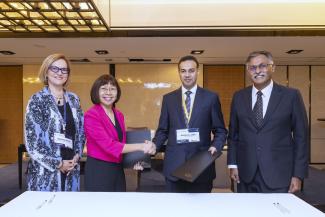
With Singapore law firms eyeing expansion into the Middle East and North Africa (MENA) region and businesses in both regions seeking new markets, the Singapore International Dispute Resolution Academy (SIDRA) at SMU Yong Pung How School of Law (YPHSL) organised a timely platform for dialogue at the SIDRA Forum - Building Bridges in ADR: MENA meets Singapore.
Dispute resolution scholars and practitioners from Singapore and the MENA region convened at the Shangri-La Hotel on 27 August 2025 for the Forum. Held as part of Singapore Convention Week 2025 organised by the Ministry of Law, the Forum spotlighted opportunities for collaboration between two regions.
Strengthening links between Singapore and MENA
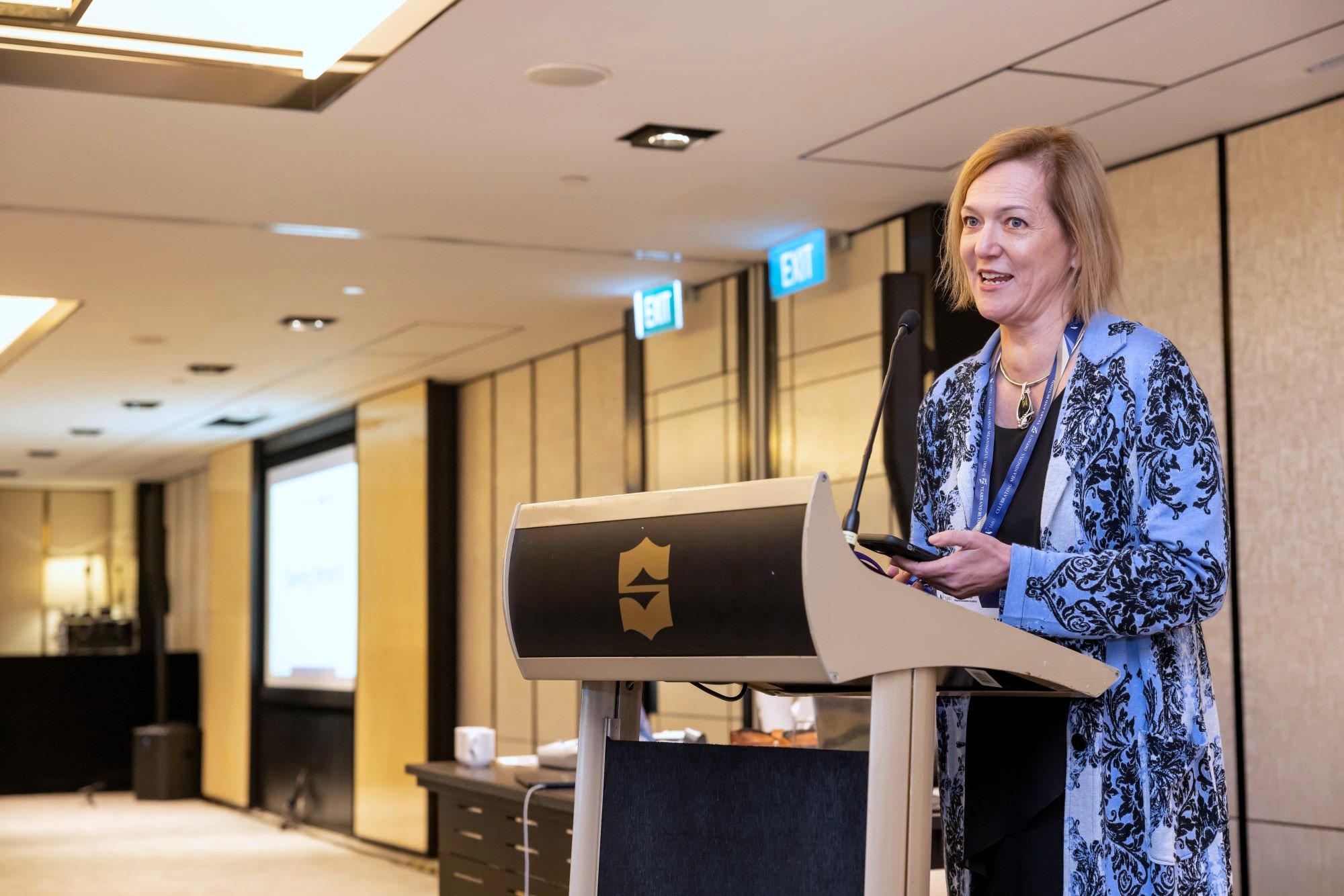
In her welcome remarks, Professor Nadja Alexander, Director of SIDRA, introduced SIDRA’s work and set the context for the Forum. “As the interest in dispute resolution continues to grow across this region, we see a real opportunity to work together with our partners in the MENA region to contribute to this development through data-driven insights and, building on our empirical experience at SIDRA, we really are looking forward to this fresh collaborative initiative to deepen our understanding of dispute resolution, why people chose particular mechanisms and how to make it better,” she said.
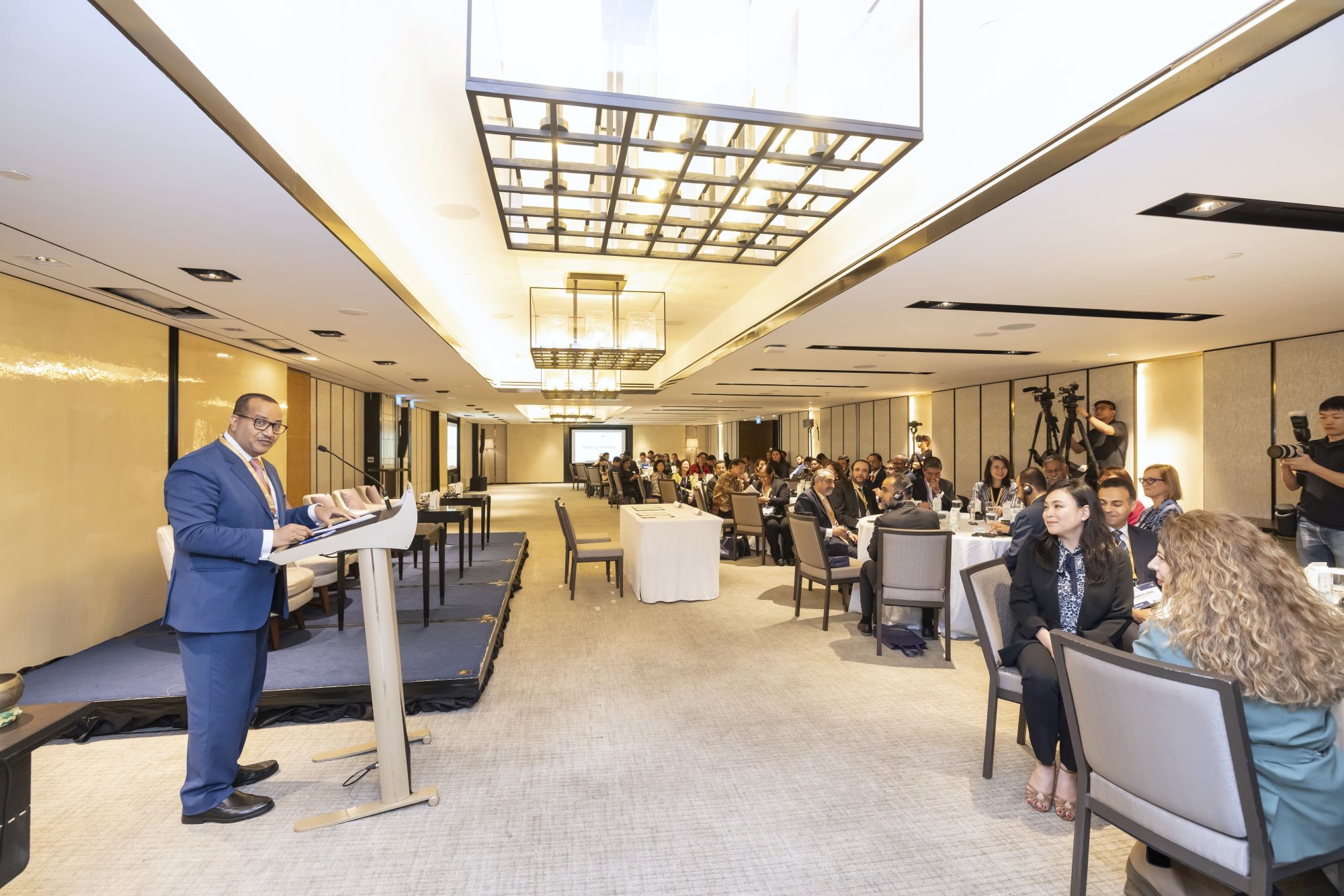
Following that, Dr Emad Hussein, Senior Research Fellow at SIDRA, noted that both Singapore and MENA regions are hubs for goods, services, and people, with shared goals of attracting investment, expanding networks, and strengthening gateway roles. “Both have navigated complex legal traditions, both have invested in institutional excellence, understood truly that the credibility of a legal system is measured not only by its laws, but by its ability to resolve disputes in a manner that is fair, fast, and final.” These common traits present strong opportunities for collaboration and knowledge exchange in international dispute resolution.
This was echoed by Guest-of-Honour Mr Murali Pillai SC, Senior Minister of State, Ministry of Law and Ministry of Transport, in his keynote address, noting that while the two regions may target different markets, their similarities position them well to collaborate and learn from each other. He underscored that the “dispute resolution pie is not a zero-sum game. By collaborating with one another, we can grow the pie and increase opportunities for all.”
Pointing to ASEAN and MENA as fertile grounds for investment, Mr Pillai stressed the critical role of ADR in facilitating trade flows, allowing businesses to tap on the vast economic potential.
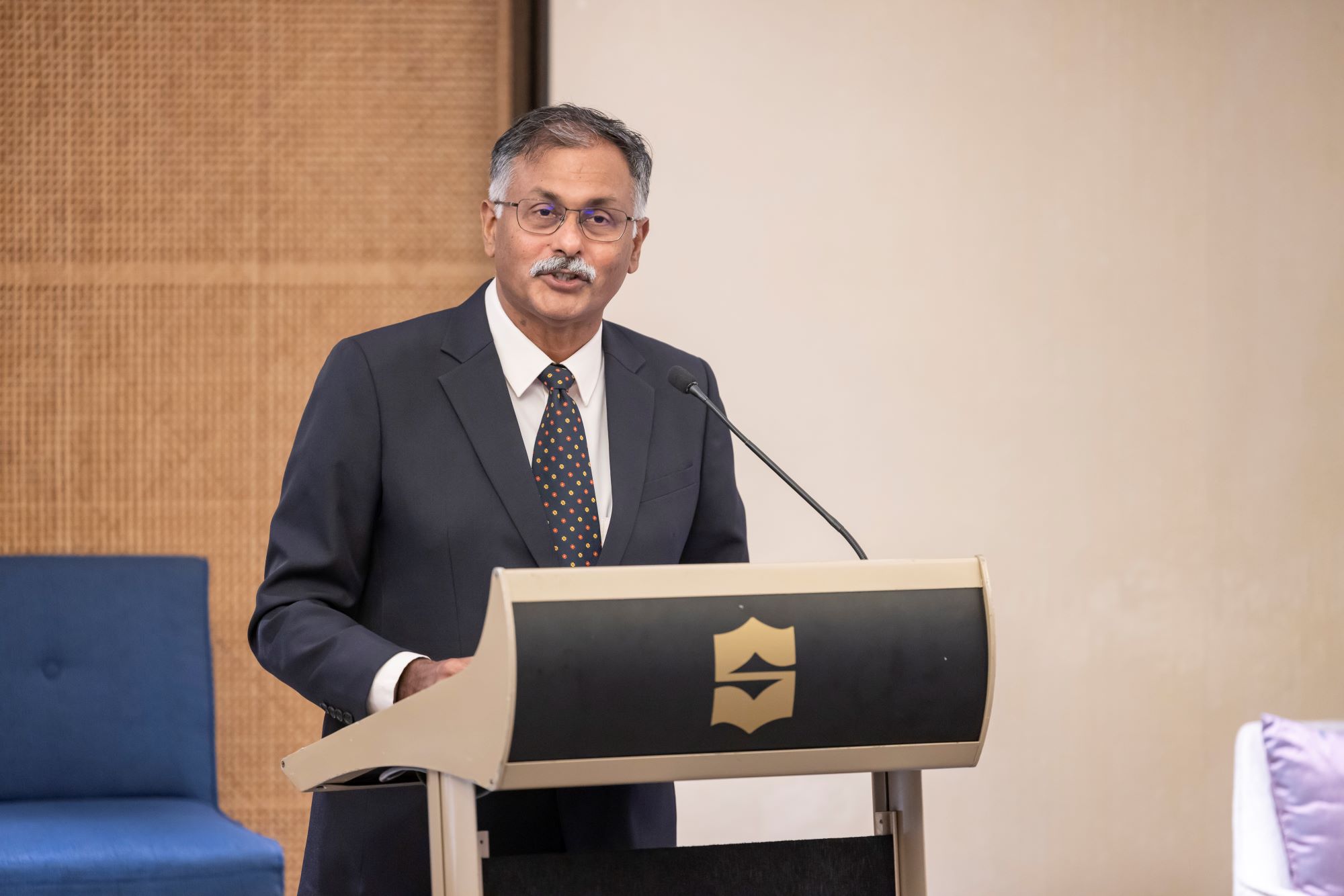
He observed that Singapore practitioners can provide valuable guidance to MENA businesses seeking to expand into Singapore, ASEAN and Asia. Likewise, Singaporean businesses investing in the MENA region will benefit from trusted advisors with deep knowledge of local legal landscapes.
Mr Pillai also highlighted Singapore’s robust ADR ecosystem, anchored by the Singapore International Arbitration Centre (SIAC) and strengthened by the presence of leading international institutions. This includes institutions such as the International Chamber of Commerce (ICC) Court of Arbitration, American Arbitration Association’s International Centre for Dispute Resolution (AAA-ICDR), Permanent Court of Arbitration (PCA) and World Intellectual Property Organisation’s Arbitration and Mediation Center (WIPO AMC), as well as an upcoming Singapore office of the International Centre for Settlement of Investment Disputes (ICSID) announced recently.
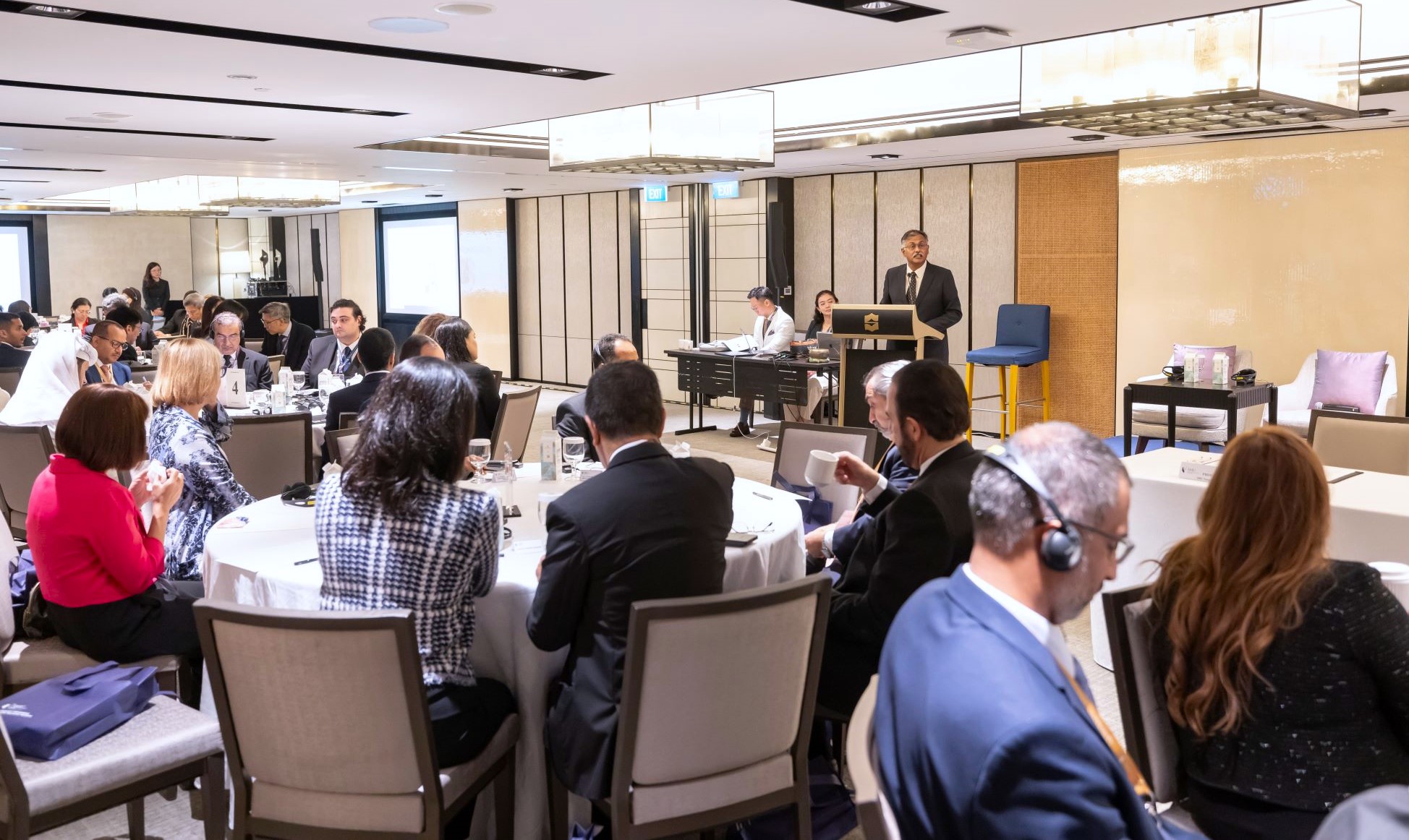
“Besides the availability of legal services, strong, international ADR institutions also help to attract foreign investments by providing assurances to the businesses that when a dispute arises, there will be independent and neutral forums to decide the dispute,” he said.
Forging new partnerships
The Forum also saw new agreements signed. SMU Yong Pung How School of Law signed an MOU with Omani & Partners LLP to collaborate on seminars, conferences, workshops, research, and capacity-building initiatives. The partnership aims to promote knowledge exchange, best practices, and training opportunities between the two parties.
A platform for dialogue and reform
Beyond institutional linkages, the Forum provided a platform to examine legislative, judicial, and institutional reforms shaping ADR in the MENA region. Through three expert panels, speakers shared comparative perspectives, highlighting how international frameworks such as the UNCITRAL Model Laws and the Singapore Convention on Mediation can inform regional harmonisation and reform.
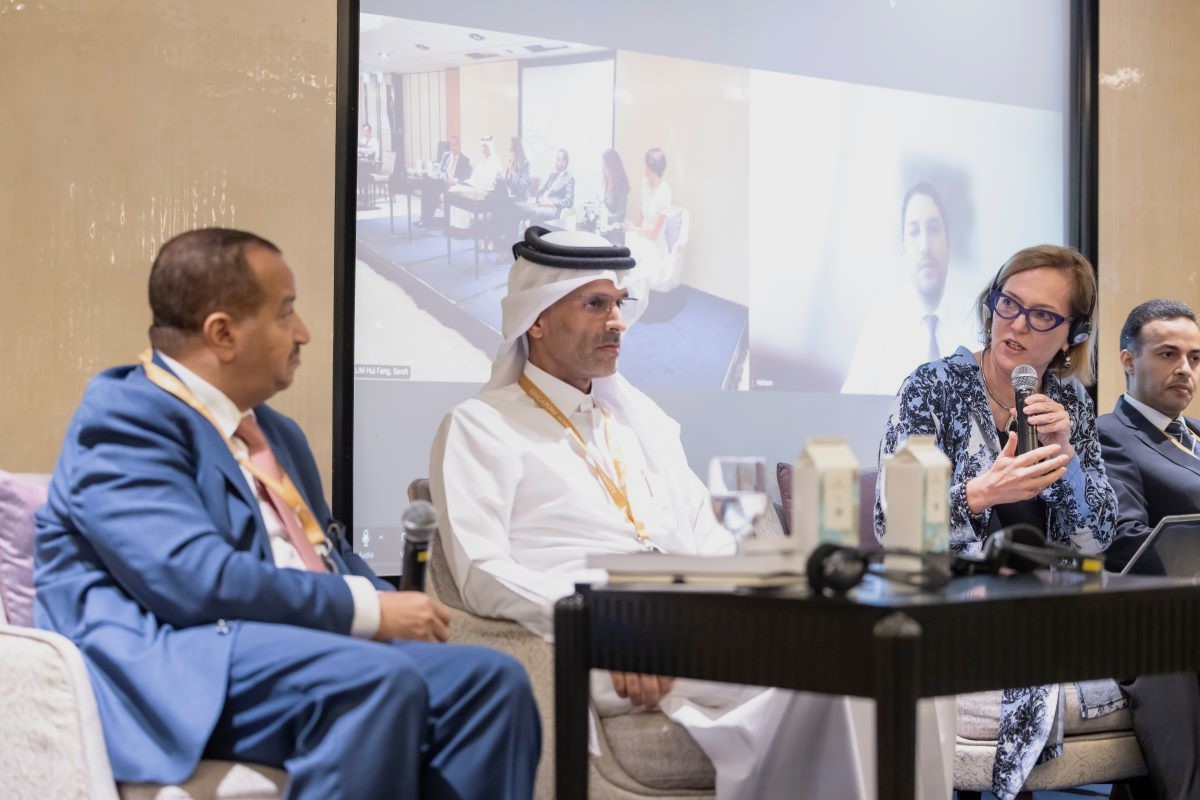
The opening panel on Building ADR Institutions in MENA, which was moderated by Professor Alexander, featured distinguished speakers. They comprised: HE Dr Thani bin Ali Al-Thani (Vice Chairman of the Qatar International Center for Conciliation & Arbitration; Dr Nasser Al-Adba (Managing Partner and Head of Arbitration, Omani & Partners LLP); Mr Hicham Zegrary (Secretary General, Casablanca International Mediation and Arbitration Centre); and Professor Marike Paulsson (Secretary General, Council International Dispute Resolution, Kingdom of Bahrain and Strategic Advisor, Dispute Resolution & Prevention Economic Development Board, Kingdom of Bahrain). Also involved were SIDRA’s academics – Dr Emad Hussein (Senior Research Fellow, SIDRA; Independent Arbitrator, Accredited Mediator, Academic and Author) and Ms Mariam Gotsiridze (Principal Research Fellow, SIDRA).
Discussions underscored MENA’s role as a cultural and geographical bridge in global dispute resolution. Panellists called for stronger institutional ecosystems, better enforcement mechanisms, and the building of professional capacity by empowering mediators and arbitrators.
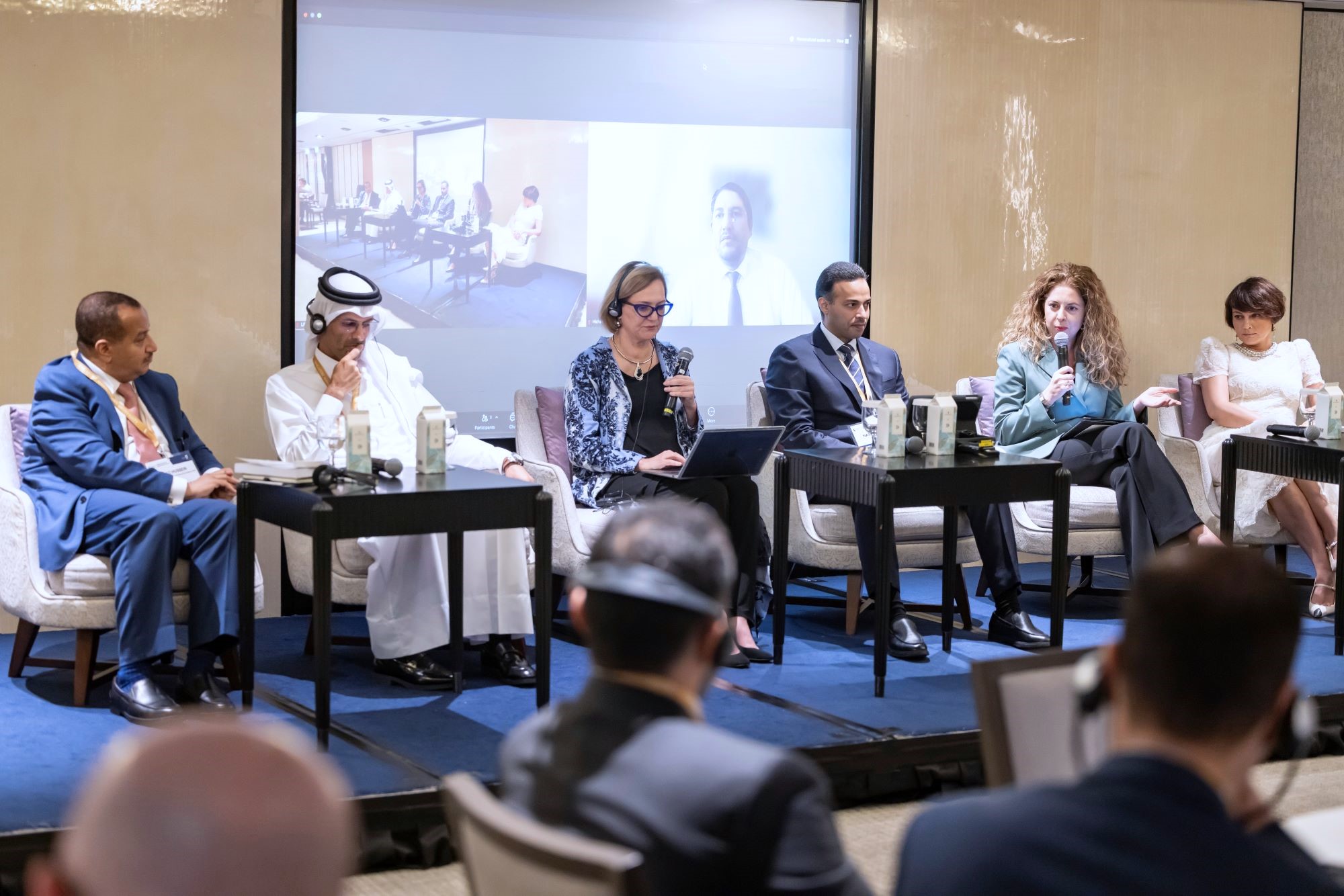
The panel further addressed pressing challenges faced by users of dispute resolution – cost, duration and enforcement – while recognising the cultural familiarity and collaborative spirit that position MENA as a natural leader in mediation and arbitration. They emphasised that mediation should not be seen as a ‘soft option’, but rather as a win-win tool that preserves business relationships and complements arbitration, with SIDRA’s Mariam Gotsiridze stressing the importance of empirical data in shaping effective ADR policies.
Looking ahead
The SIDRA Forum not only strengthened ties between Singapore and MENA, but also reaffirmed Singapore as a trusted hub for international dispute resolution. As Mr Pillai noted, the regions’ shared experiences as gateways to fast-growing markets and their common goal of attracting investment set the stage for collaboration. By fostering dialogue, partnerships, and innovation in ADR, the Forum was a timely step toward realising that potential.
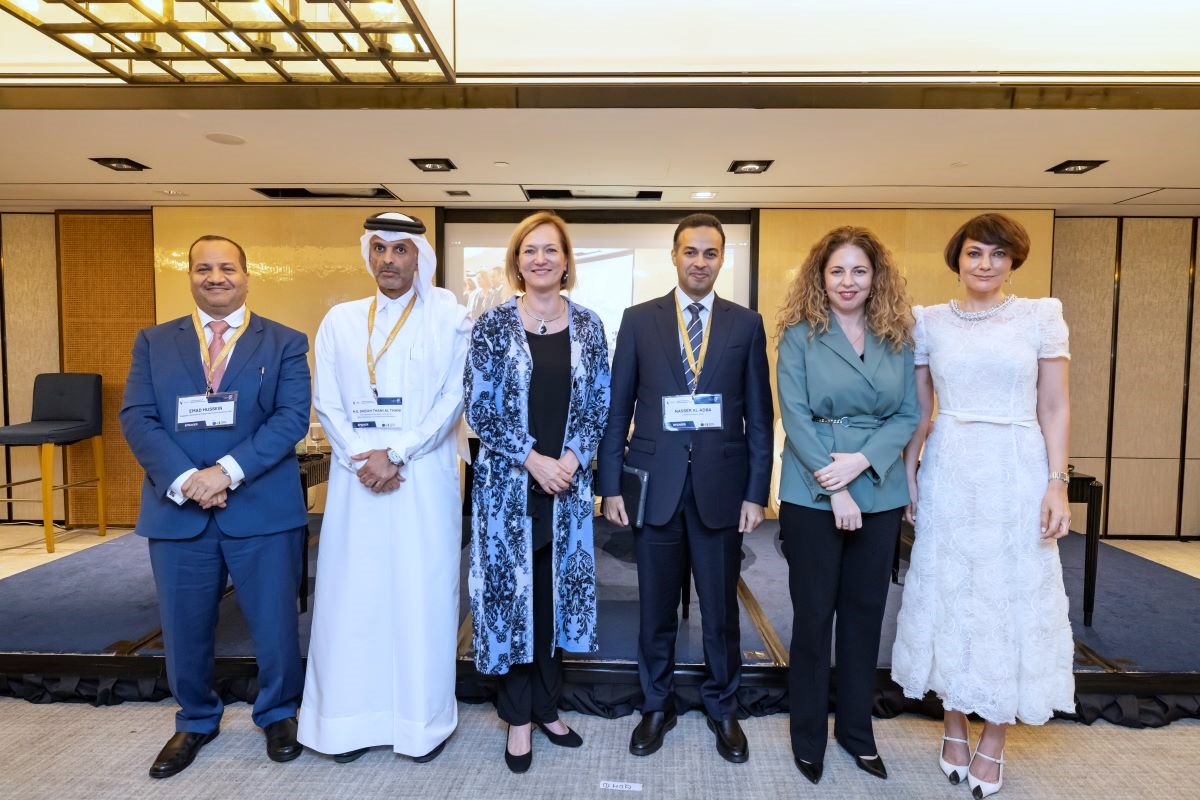
- End -